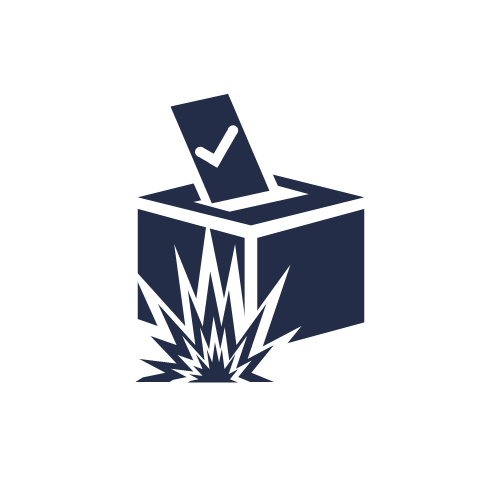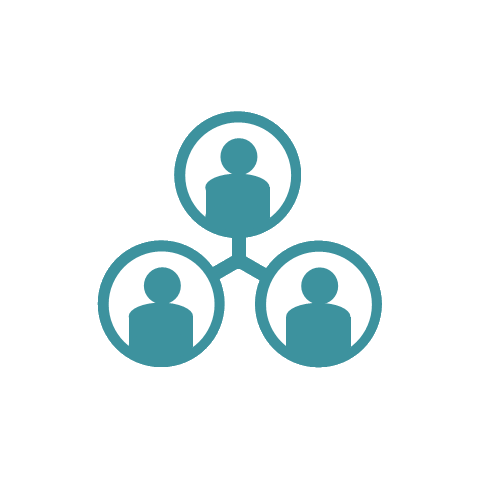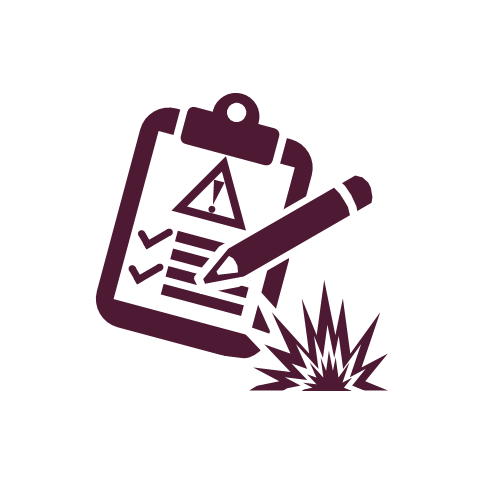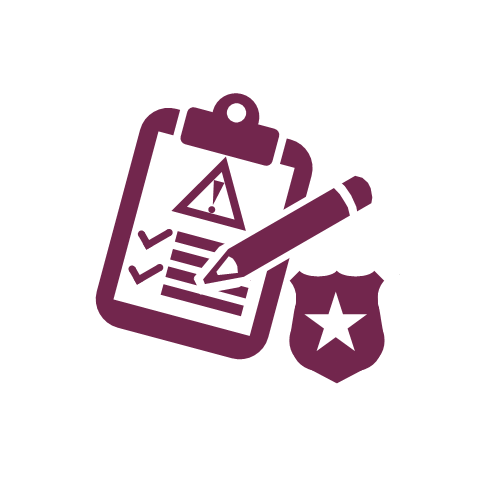For over 60 years, The Fund for Peace (FFP) has been a world leader in developing practical tools and approaches for reducing conflict. With a clear focus on the nexus of human security and economic development, FFP contributes to more peaceful and prosperous societies by engineering smarter methodologies and smarter partnerships. FFP empowers policy-makers, practitioners, and populations with context-specific, data-driven applications to diagnose risks and vulnerabilities and to develop solutions through collective dialogue.
FFP is an independent 501(c)(3) non-profit organization headquartered in Washington, D.C. with offices in Abuja, Nigeria, Accra, Ghana and Tunis, Tunisia.
60 Years of Sustainable Security: 1957-2017
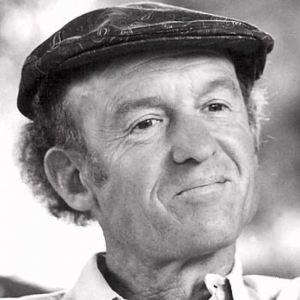
James R. Compton, son of Fund for Peace founders Randolph P. Compton and Dorothy Danforth, who served as Chairman Emeritus until his death in 2006. Photo: Compton Family
Originally founded in San Francisco as the Pierce Butler, Jr. Foundation for Education in World Law, The Fund for Peace was created in 1957 by the Randolph P. Compton and his wife Dorothy Danforth as a think tank and foundation primarily focused on the most pressing issue of the Cold War era — nuclear non-proliferation. Their son, James R. Compton, continued his parents’ legacy, serving as President Emeritus of The Fund for Peace until his death in 2006.
As the challenges facing our world have shifted over the decades, so too have our approaches and programming. In the beginning, FFP’s role was as a philanthropic funder of a variety of organizations committed to nuclear non-proliferation during an era of extreme global tensions at the height of the Cold War. With the fall of the Berlin Wall and an end to the Cold War, FFP re-evaluated its mission and purpose, and emerged as an implementing organization dedicated to responding to the challenges weak and fragile states. Today, FFP is focused on understanding and addressing issues of violent conflict, state fragility, and security and human rights. We work with a variety of partners in government, multilateral organizations, security forces, foundations, corporations, civil society organizations, and local communities in dozens of countries around the world.
![]()
How We Develop Tools and Metrics
How We Empower Stakeholders
How We Can Help You




